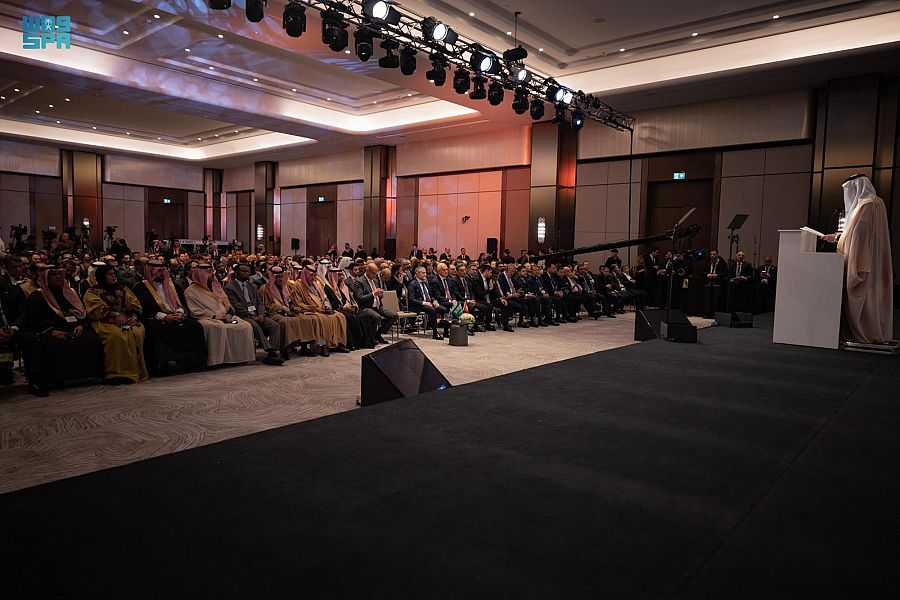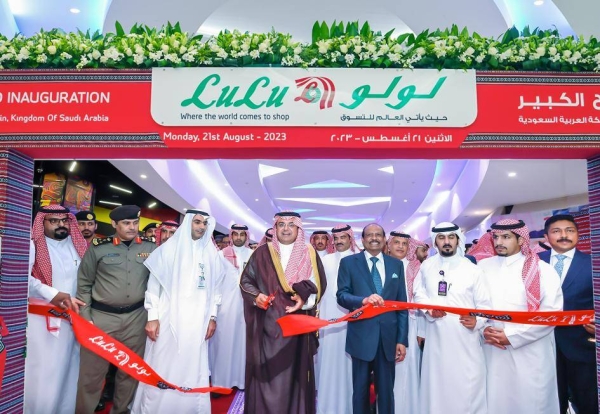
LONDON: The decision by Abu Dhabi’s Aldar and Dubai’s Emaar to forge a strategic alliance has attracted widespread attention in the Gulf.
The pair have plowed lone furrows in the past but are now teaming up in a move that analysts see as a sign of closer commercial ties between the UAE’s two biggest emirates.
It comes as UAE property developers are under increased pressure amid a weak housing market, faltering consumer confidence and expatriate job losses.
“We are in a new economic reality, one that commenced four years ago with the oil rout. I think the best thing for UAE going forward is to consolidate entities, play off each other’s strengths and present a more unified front to the rest of the world,” said Faisal Durrani, who heads research for Cluttons, the property broker.
The deal between the two property companies is for co-operation and pooled resources in selected areas.
But collaboration has the benefit of making a bigger land bank available for exploitation, and potentially, fatter margins. “We are happy to witness the signing of this partnership, which will contribute to our development journey and help enhance the UAE’s position as a tourism destination of choice,” said Mohammed bin Rashid Al-Maktoum, prime minister of the UAE, and ruler of Dubai.
“We want our companies to collaborate to explore creative ideas for strengthening the UAE’s leadership,” he added.
The developers will initially collaborate on two UAE-based projects: Saadiyat Grove in the heart of the cultural district on Abu Dhabi’s Saadiyat Island, and the Emaar Beachfront project, a private island in Dubai located between Jumeirah Beach Residence and Palm Jumeirah.
Emaar and Aldar are both profitable, even though in many segments, the Gulf trading environment is not as lucrative it was — especially in the real estate sector.
So is it possible that economic realities have helped to propel the latest deal? “That could be one key, underlying factor,” said Durrani.
The tie-up between the two big property players in both emirates follows similar collaboration in the aviation sector.
Last October Dubai-based Emirates and Abu Dhabi-based Etihad revealed plans to cooperate in areas that included procurement.
Beyond the business arena, there are also signs of a more joined-up approach in sport, with the Abu Dhabi and Dubai cycle tours scrapped in favor of a single UAE race from 2019.
“That appears to be part of a wider government move to help position the UAE on the global stage,” said Durrani.
Emaar has an excellent track record in developing real estate projects, in multiple asset classes and can produce sparkling numbers even when the economy hits a soft patch.
Equally, Aldar — which operates in the more challenging Abu Dhabi property market, has good experience to pass on in the area of beach front developments.
But the biggest benefit could be the enhanced reputation that would accompany an Emaar-Aldar alliance.
More than that, if we accept that two is better than one, heralding greater profitability, investors may stand to benefit further down the line.












